Sermons
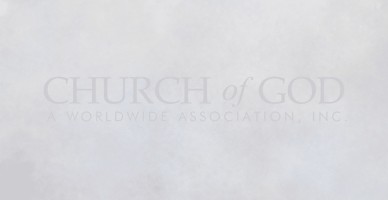
The Power of Christ’s Resurrection
Given by Larry Neff
Jesus was resurrected at the end of the third day of Unleavened Bread. His resurrection is essential to ours. Rom. 5:10—We are saved by His life.
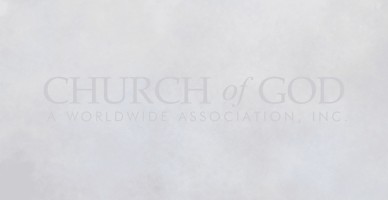
Deleavened—The Law Between Your Eyes
Given by Greg Sargent
During the days of unleavened bread, leaven symbolizes hypocrisy, malice and wickedness. Those ungodly traits must be replaced with godly traits. Have we replaced the ungodly with joy, peace, kindness, goodness, humility, meekness, and other fruits of God's Spirit?
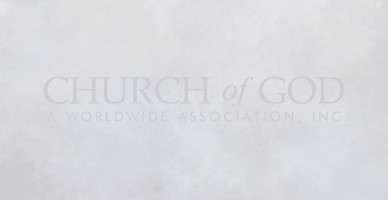
It Is Finished
Given by Paul Carter
What did Christ mean when He said the words "It is finished?" Is there more to those simple words than what we have looked at before?
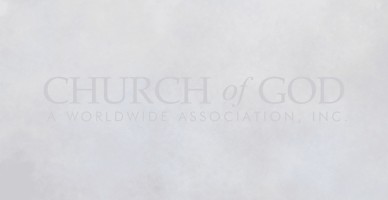
Why Unleavened Bread
Given by Ken Treybig
WHEN and HOW did God come up with His festivals and holy days? And in particular, why did He choose “leaven” to be a symbol of sin that should be avoided for a 7-day feast? Was there advance planning for the fact that OT (physical) applications correlate to NT (spiritual) lessons this feast teaches us?
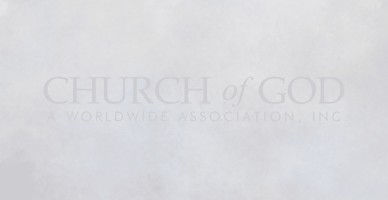
Now What?
Given by James Ellis
As we reach the conclusion of the Feast of Unleavened Bread, now what? In many cases after a servant of God completes a successful work, that's when Satan presents a coordinated attack. We must remain on guard as we battle against sin. For application, let's review two accounts in the book of Kings.
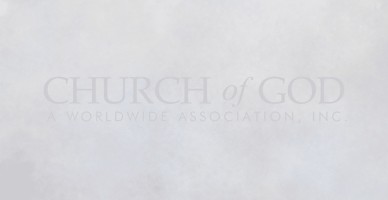
Freedom From Slavery
Given by Tim Foster
Are we slaves, to sin, to God? Like Israel was freed from Egypt, are we freed from sin? Israel often wanted to go back to slavery, do we ever?
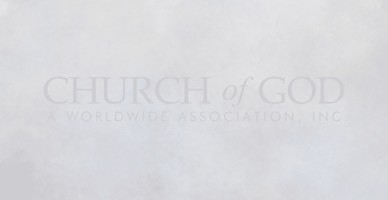
Forward, Destroying the Works of the Devil
Given by Nathan Willoughby
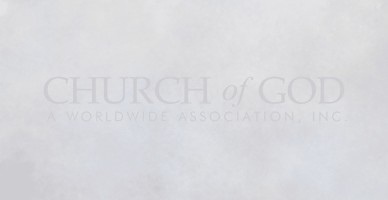
Lust and the Last Day of Unleavened Bread
Given by Dave Pennington
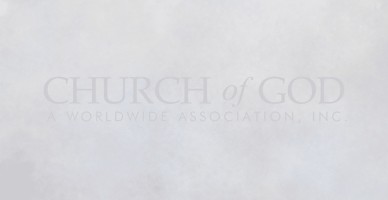
Lessons From Manna
Given by Dan Summy








